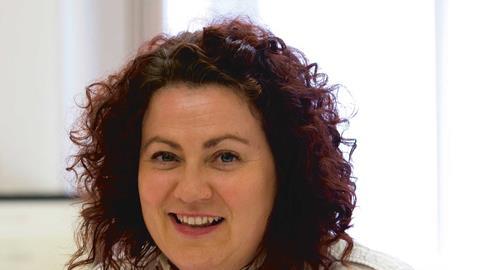Managing partner, Davis Blank Furniss, Manchester and Glossop
I always wanted to be a doctor and attended Leeds Medical School. However, I quickly realised it wasn’t for me so I left the following year. I then decided I didn’t want to leave university but struggled to find a course; I settled on law. No one was doing PI and clinical negligence at the firm I joined [David Blank & Co, which merged with Davis Hope & Furniss in 1990 to become Davis Blank Furniss] so I started to do that sort of work.
I understood the anatomy and was interested in that type of claim.
In my day the legal training was very theoretical. There were no soft skills taught at law school in the 1980s; they were learnt on the job. Because of the size of firm I joined, I was thrown in at the deep end and had to get on with it.
Being made managing partner was the hardest challenge as it was difficult to make the move from solely being a lawyer to managing people. You study law to become a lawyer but are not taught any of the other skills needed to fulfil a management role. This is a real issue, as law firms now have to be run like businesses, which means you have to learn everything from HR to finance as you go along.
In the past, the profession put itself on a pedestal. However, times have changed. We are providing a service and need to be approachable.
In the 1980s, chambers were very imposing and there was a distance between the professions. They are now much more accessible and flexible.
Sunday shopping times are my least favourite law. I am a professional shopper so it hampers my retail pursuits!
Some of the mystique, sense of history and pomp within the profession have gone. Now, you hardly ever leave your desk, cases are dealt with by telephone and you miss the camaraderie outside the court door. It does make perfect sense to have telephone hearings, as the time that is saved is immeasurable.
Has specialisation been a good thing? Yes and no. Because of risk analysis, the right person does the job now. In the past, solicitors were much more likely to dabble in an area of law that they did not practise regularly. There were also many more all-rounders, but that is not the case now. Sometimes it is a bad thing to specialise too early, as a solicitor can be blinkered and not spot difficulties or opportunities in other areas.
I hope people recognise what an important service we provide, that lawyers deliver excellent service at a price that reflects their expertise and that we continue to add value to our clients.
There are far too many lawyers coming through the system but the numbers at law schools are now starting to fall. Moving forward, we need to make sure that our businesses are geared with a mix of secretaries, litigation assistants, paralegals, legal executives and solicitors.
































1 Reader's comment